The Batagaika crater, renowned as the world’s largest permafrost crater, located in Russia’s Far East, is rapidly thawing, raising alarm bells among scientists worldwide. This natural phenomenon has set a series of devastating repercussions in motion, endangering the cities and towns across northern and northeastern Russia, as this “mega slump” begins to take its toll.
Permafrost, a natural entity defined by NASA, is any ground that remains completely frozen at zero degrees Celsius for at least two consecutive years. Despite being composed of soil, rocks, and sand held together by ice, regions with permafrost aren’t always blanketed in snow. This is a common occurrence in regions near the North and South poles, with nearly a quarter of the land area in the Northern Hemisphere underlain by permafrost.
Similar Post
The Batagaika crater, a massive one-kilometre-long gash in the Siberian landscape, emerged due to deforestation in the 1960s. The loss of ground ice led to the erosion of the land and subsequent sinkage. Locals now refer to this phenomenon as the “gateway to the underworld.”
As per local resident and crater explorer Erel Struchkov, the crater began as a ravine in the 1970s, and the thawing initiated by the heat of sunny days led to its expansion. Alarmingly, the rapid growth of the crater is evident, with the edge moving significantly closer to a path in just two years.
Nikita Tananayev, lead researcher at the Melnikov Permafrost Institute in Yakutsk, expresses deep concern over the crater’s expansion, terming it “a sign of danger.” Indeed, the country is warming at least 2.5 times faster than the rest of the world, causing a rapid thaw of the frozen tundra covering approximately 65% of Russia’s land area. The consequences are already evident – disrupted roadways, split houses, and compromised pipelines.
Compounding this issue are the intensifying wildfires in the region, which exacerbate the permafrost melting. With the continued rise in temperatures and escalating human activities, scientists foresee an increase in such mega-slumps, leading to the potential disappearance of all permafrost.
While the exact expansion rate of the Batagaika crater remains uncertain, Tananayev explains that the soil beneath the slump, which is about 100 meters deep in some places, contains a vast quantity of organic carbon. As the permafrost thaws, this organic carbon is released into the atmosphere as greenhouse gases, which further fuels global warming.
Unfortunately, as air temperatures continue to rise, the rate of expansion of the crater is expected to increase, escalating global warming in the forthcoming years.
The Batagaika crater’s rapid expansion and the thawing permafrost are grim indicators of human-induced climate change, warranting a critical evaluation of the need for effective mitigation strategies. A significant challenge lies ahead: to halt the melting permafrost and address the escalating war against climate change.
The Batagaika crater’s thawing is a stark reminder that decisive environmental action is imperative. The global scientific community carries a weighty responsibility to understand the full implications of this rapidly expanding permafrost crater fully. It is clear – to stall this impending catastrophe, an urgent, coordinated global response is needed.
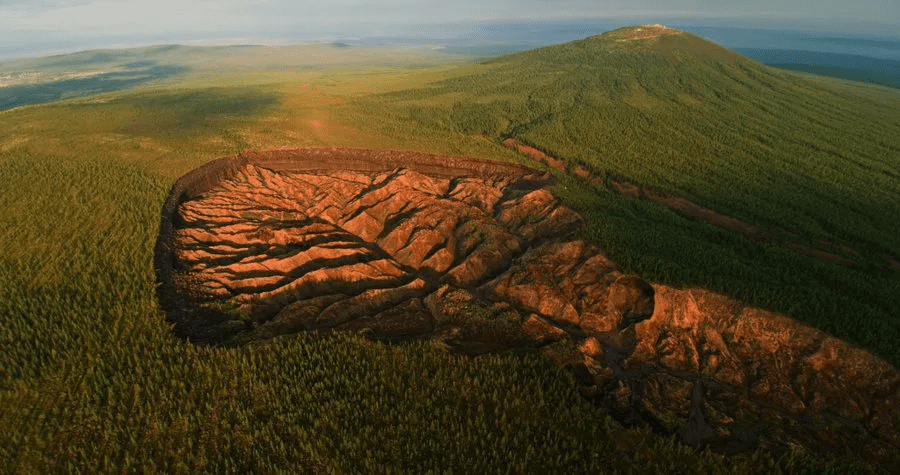



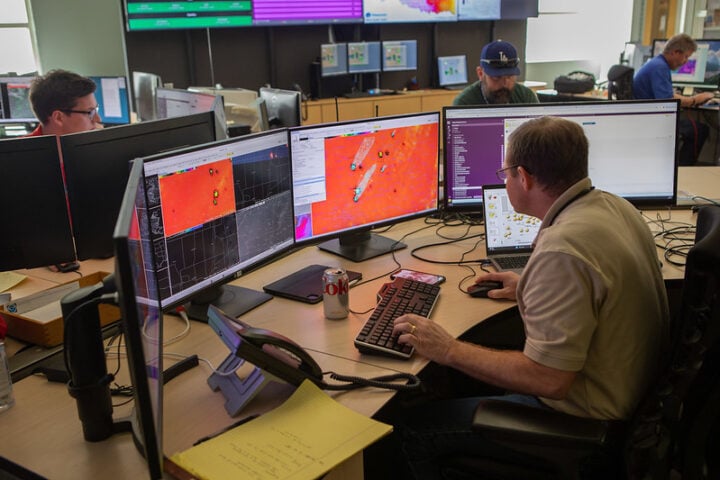
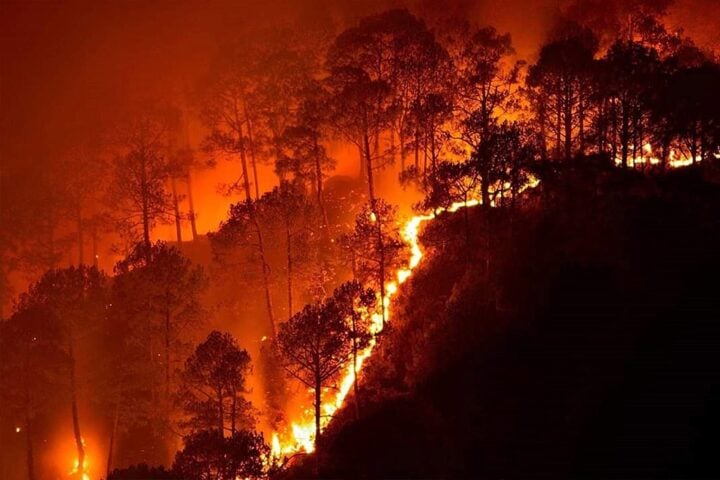

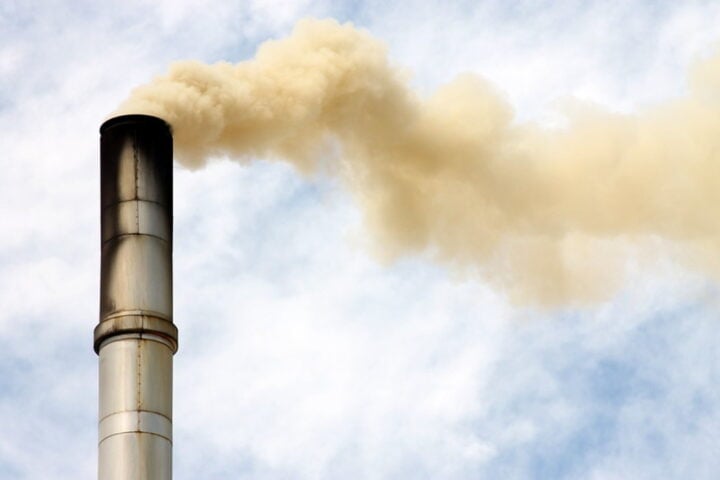


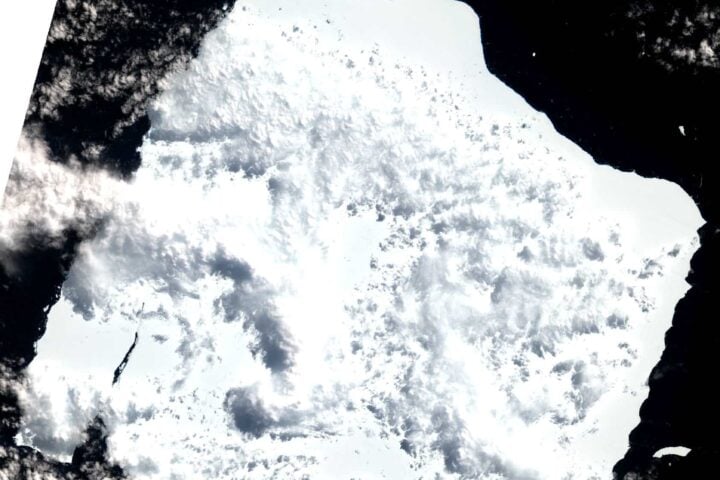
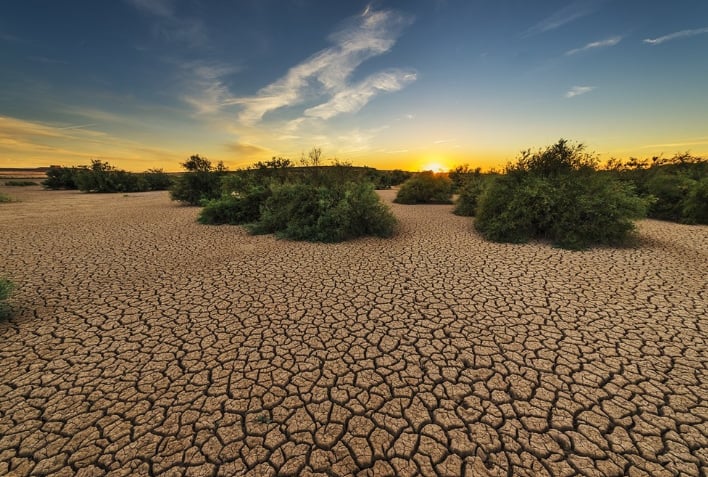
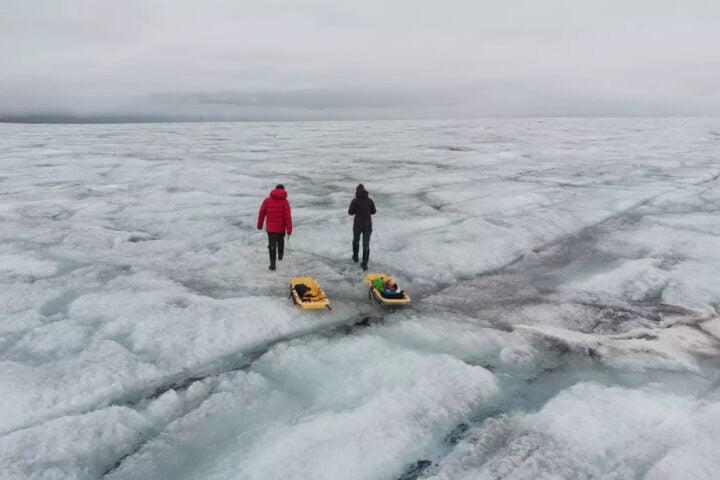
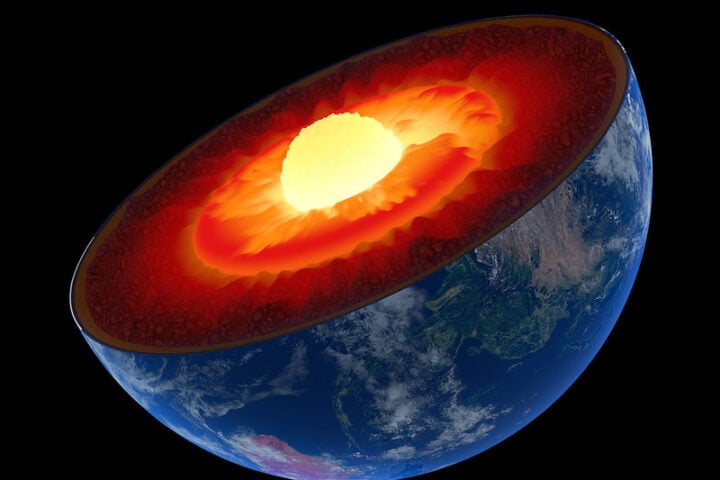

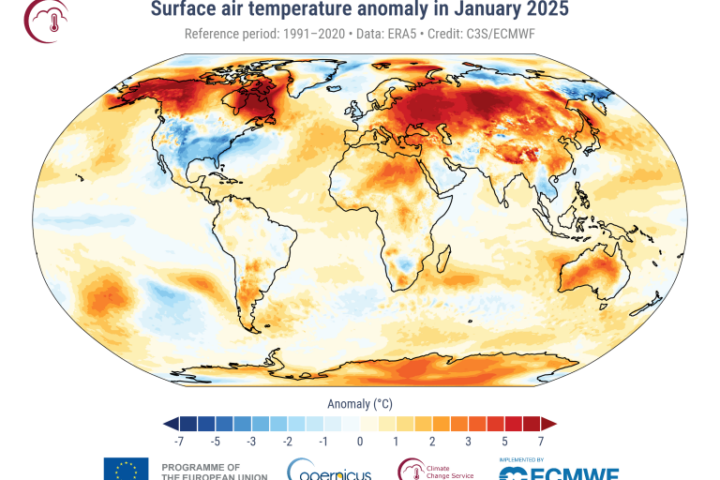
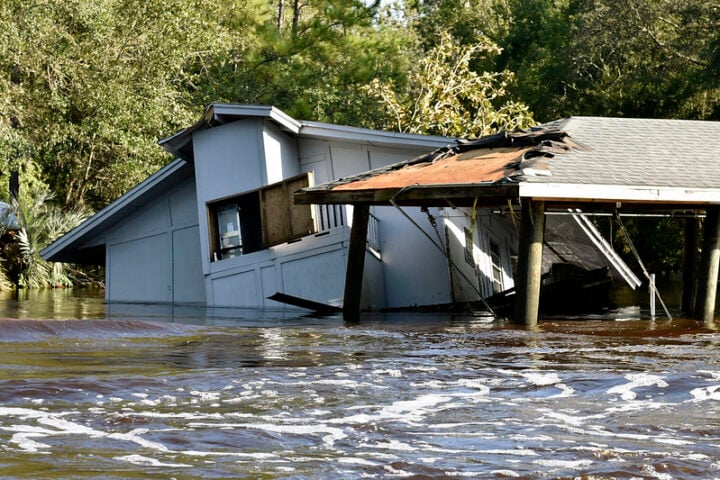
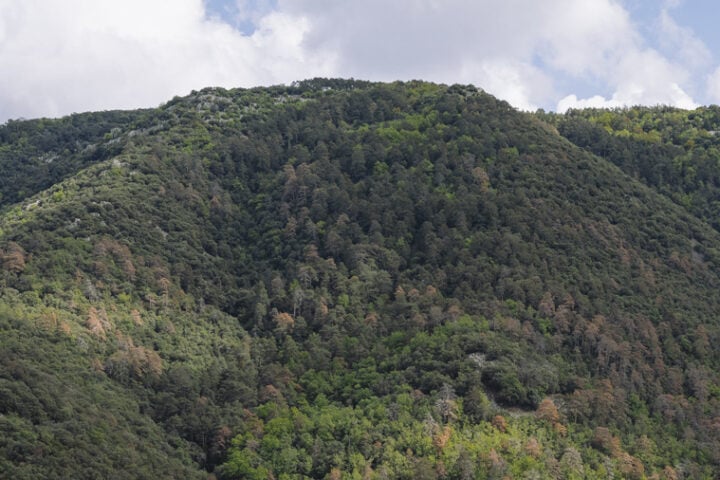

This opens a gateway through which the Anunnaki AI will fall
Detailed research here https://bombarman.livejournal.com/37580.html
at the end of the topic there is a link “Continuation 5”, I wrote about it there (where are the screenshots of Antarctica)
But it’s better, of course, to read the entire study.